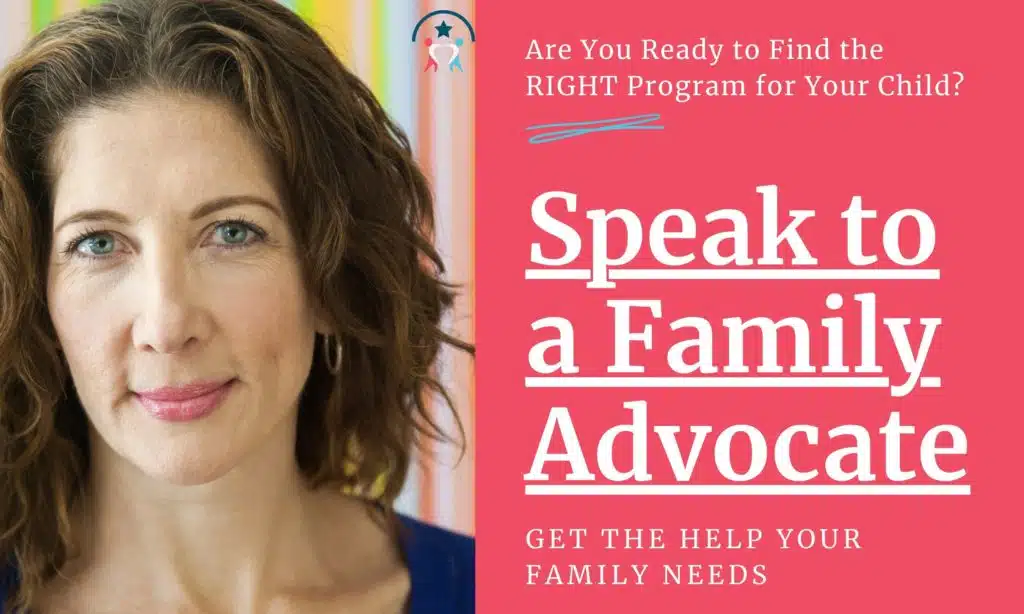Quick Facts about Residential Treatment Facilities
You may not be familiar with the basics of residential treatment programs. However, the more you learn about them the easier it will be for you to determine is right for a member of your family or yourself. The right information can also help you to void stereotyping what these facilities offer. Here are some answers to some residential treatment questions you might be asking:
What are the Types of Treatment?
There are many different types of treatment offered out there in a residential setting. This includes those for mental health concerns, behavior problems, drug or alcohol abuse, and even obesity. There are specific programs that can target any of these specific issues. If someone has more than one concern, then a program can be introduced that will cover all of them.
What do Residential Facilities Offer?
A residential treatment program offers someone the chance to have the level of care they need around the clock. They won’t be able to gain access to anything to harm themselves or others. They also can’t gain access to drugs or alcohol so that such substance abuse can’t continue. Taking the needs of the individual into consideration on all levels is part of the process.
As a result, someone in a residential treatment program has a structure for each day. They get lots of personalized attention and their own safety is a priority. They also get the chance to interact with other people that are going through similar circumstances. Counseling is a part of all these types of programs as is education.
Medications and nutrition may be introduced for other types of programs in residential treatment facilities. There are also recreational events that occur so that people there have an outlet. They get to find hobbies they love as a way to replace old habits that they don’t want to slip back into.

Are there Rules in Residential Facilities?
Anyone in a residential treatment facility needs to be willing to conform to the rules. There are many of them that have to be in place so that the overall structure of the facility works. Every patient will have the same rules that they are expected to follow. Those rules will be covered when a person enters the facility as well the consequences for breaking them.
How Long do you Stay?
One of the most frequently asked questions about residential treatment facilities is how long do you have to be there. For the program to be successful and effective, a person needs to spend long enough there to make all the necessary changes. There can be lots of barriers in the way so one person can complete a program in 3 months while it can take someone else 6 months to get to the same point.
There are residential treatment programs that can last for an entire year. Others though are designed for people with mental health concerns that don’t allow them to be on their own or back into a family setting. Instead, they will remain at the facility indefinitely.
How Much does a Residential Treatment Facility Cost?
The amount of money that it costs for a residential treatment program depends on many factors. The length of the stay as well as the quality of the facility is part of what determines cost. If medications and other additional items are needed then the cost also increases. Your insurance should cover all of a significant portion of your residential treatment.
You will need to check with them specifically to see what they offer. There may be a cap on how much they will pay for treatment or for how many days. Working around those restraints to ensure you get the right level of care is very important. It could mean they will pay for some treatment and then you have to pay for the rest.
You can also pay for residential treatment out of pocket. They do have payments that they will accept if you can’t pay for it all at once. Government programs including Medicaid and Medicare also offer you a way to cover the expenses. Talk to the facility if you are struggling to pay for it so they can help you find a good solution.
Are Residential Treatment Facilities Effective?
Statistics show that residential treatment facilities are more effective than out patient care. This is because the patients get constant stimulation to move them in the right direction. They aren’t susceptible to outside triggers. The quality of the program offered as well as how committed the patient is to it will determine individual results. The odds are very good though that this is a huge step in the right direction.
If you need more help and is looking for residential facilities that can cater to the needs of your teen, At Risk Youth Programs is here to help.
Here are additional resources you might be interested in:
Do Residential Treatment Centers Work?
















